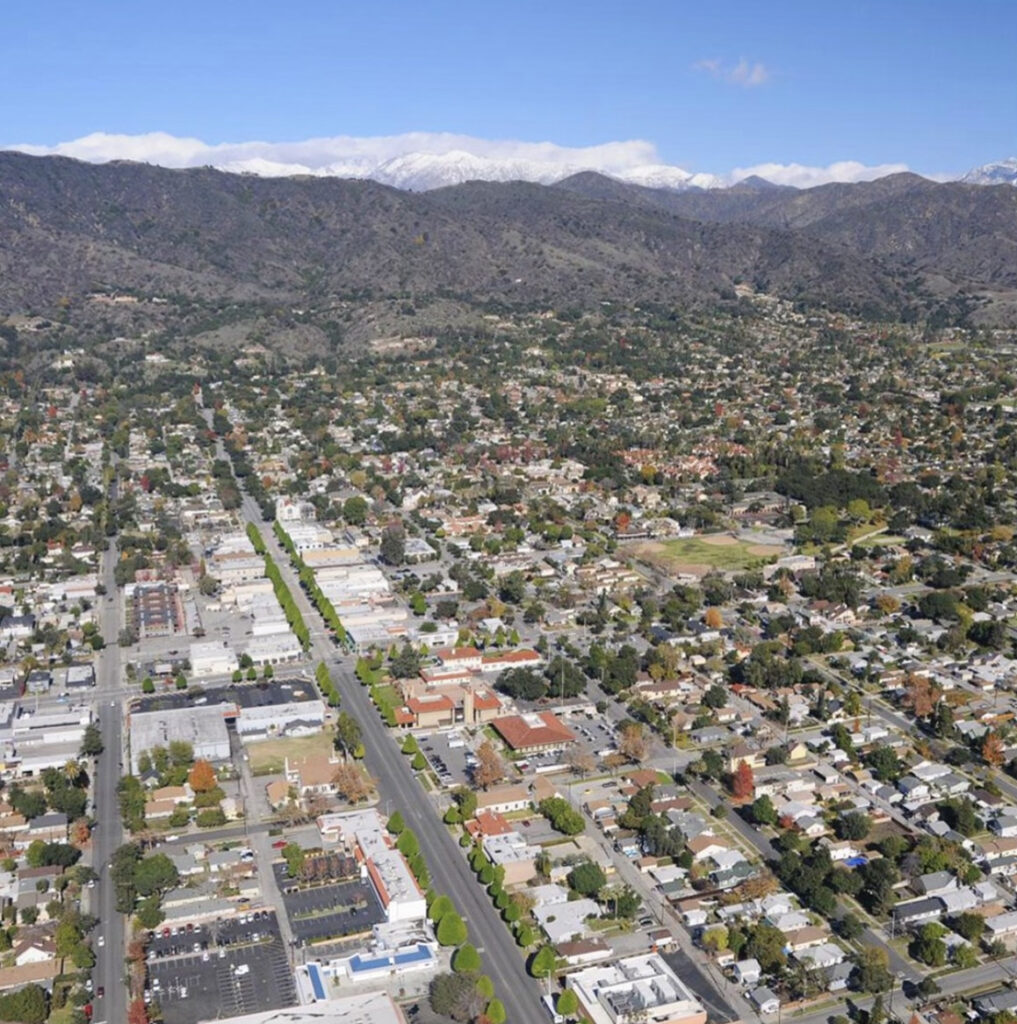Countless coming-of-age films and books center around a teenage protagonist, whose ultimate goal is to escape the great woes of suburbia. These “woes”? Typically boredom and monotony.

I was born in the local Foothill Presbyterian Hospital, one of the many establishments dedicated to the defining geography of Glendora, “pride of the foothills.” My parents attended the local elementary schools, middle schools, and high school, staying to raise a family alongside their own high school friends who they’d stop to greet in the grocery store. The suburban culture raised me. However, like a child growing to see the flaws in their parents, I too noticed serious shortcomings in the way my community was set to live and breathe.
The norm of Glendora, the epitome of the suburbs, is seen as a privileged middle to upper-class position. The town tends to assume that this is a uniform truth among the whole of Glendorans. We do not grow up thinking deeply about economic inequality because the lullabies of financial comfort have put many of us to sleep; in this little bubble, our dreamlands are filled with downtown parades and homecoming celebrations, and class becomes an afterthought. You assume your friends will be able to pay for their ticket when you go to the movies. You walk into homeroom and assume no one slept in their family’s car the night before.
This, however, does not make these things true, no matter how accustomed more privileged Glendorans are to thinking them.
Last year, as a sophomore writing for my Tartan Shield newspaper, I partnered with my editor-in-chief, Crystal, to cover our bimonthly school board meetings. One night, some administrative staff from Glendora High School–where we attend–were called to do a presentation covering the progress of programs and student well-being. They began by presenting the economic demographics of the school. Forty-two percent of students were considered socioeconomically disadvantaged. We were both admittedly surprised. Glendora seemed so well-off.
This, I began to understand, is one of the greatest pitfalls of suburban culture–of my suburban culture. Many of us are blinded by the sprawl of identical middle-class houses, of identical green front yards, of identical Tacomas and jeeps in the high school parking lot. We fail to realize the financial realities of our community members that are not so easily recognizable.

There are aspects of my own economic reality that are invisible to my peers too, something I got an inkling of as I sat in an honors English classroom listening to classmates speak of the pressure their PhD-holding parents put on them. A year later, I sat in an AP Seminar classroom of seventeen other students, selected based on academic achievement, as they presented introductory slideshows showcasing their essences as people. Again and again, there were stories of their parents’ graduate school experiences, photos of global travel, and in one instance, a slide dedicated to my classmate’s expansively renovated home. My peers had done nothing to offend me. However, rising to the surface was the sense that I had failed to notice something about myself; a long-held blindspot began to make itself known.
I’ll be a first-generation college student, born to tradespeople who couldn’t have dreamed of living in Glendora if our house hadn’t been bought over thirty years ago, when it was a fifth of its current value. I knew this, yet the suburban culture of economic blindness, in which all are happy and equal because their overwatered grass is the same shade of green, had rocked me to sleep too. Now my dreamland took the shape of an identity crisis. In years past, I had been surprised every time I qualified for financial aid, every time my AP tests were $5, every time I was reminded I could get school lunches for reduced cost. I had watched friends buy Lululemon without a second thought while I was governed by an anxious urgency to save my money and pay back my mom for every little purchase. These dynamics had not crossed my mind as significant; there had been no distinction between myself and the Glendorans living in the million-dollar foothills.
There is no doubt that I am privileged and comfortable, without real need for anything, but by the zephyr of suburban sameness, some fog had rolled over me. In my view, obscured by living on the cusp of working and upper middle class, I had not seen how so many Glendorans lived not just in privilege but in casual ritz. A collective fantasy of false equality had enthralled all of us who have sat at any such level of comfort. By their portions of financial privilege, even those who are not-so-upper class have become both the subject and the accomplice in perpetuating this myth–myself included.
If suburbanites could see past the sprawl of false uniformity, I think the will to engage in real economic justice would grow. Maybe a part of coming-of-age is a kind of blindness, a tunnel vision of one’s own problems as all that there is. Boredom and monotony are the worst suburbia can serve up. In that sense, Glendora (and the many other suburbs that share its real woes of class and identity) are still young and growing up. I invest hope in the great possibility that dialogue surrounding financial disparities may open up among Glendorans. The community will grow in cognizance that not everyone is suburban nobility and that there therefore remains a need for generosity and economic justice initiatives. The trancelike complacency could be buffed away, to reveal a community that just wants to do good by their neighbors.
